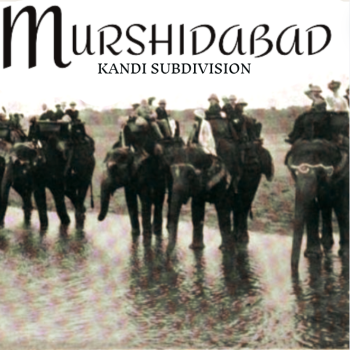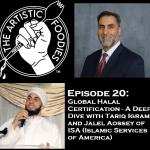 |
|
Who’s teaching them?
|
In the post-enlightenment era, the term religion refers to beliefs outside the realm of reason, science and politics. It is a form of ethics without foundations in philosophy or political theory.
Religion, like tribal and national identity, is a resource for political legitimacy. Just as the idea of national interest legitimizes war and discriminatory policies between citizens and non-citizens; religion too is deployed in the interest of partisan politics in many societies in developed as well as developing nations. Therefore as in the past, religion is still a source of identity, boundaries, discrimination, violence and oppression in modern times too.
In some societies religion acts in a vulgarly open way to influence politics and in others it is more subtle and less ominous. Even in contemporary Europe, where religiosity is withering away, religious identity manifests itself in politics in the form of anti-Semitism and Islamophobia.
But religion also holds the potential for empowering what is good in each one of us and for moving us to act in the interest of justice, goodness, compassion and beauty. I believe that when religion acts as a source of ethics, it does a lot of good. But when it acts as an identity it divides humanity and is not necessarily salutary.
Islam to me is not a religion – it is deen – a way of life. It is a philosophy that provides meaning to the ontology of my existence. It is a critically dynamic and evolving ethics that shapes my politics and lifestyle. It is a spiritual path that bridges, for me, the chasm between the temporal and the eternal, between the ‘is’ and the ‘ought’. I find the Qur’an as a source of comfort when I am overwhelmed by the incredible incomprehensiveness of time and creation. My faith also forms both the inner and the outer dimensions of my being. It determines who I am in the inside and who I am on the outside. It is a compass that shows me where I am and it is a beacon that lights the path that is taking me to where I want to go.
Every religious tradition today however, is facing a crisis of legitimacy. It is inevitable. The project of modernity that now pervades the global consciousness is skeptical of organized religion and particularly of religious authority. Religious authorities in all religions have been tainted by corruption and authoritarianism. They are also widely incompetent and do not often inspire respect and obedience from their own congregations.
In the Muslim world, the institutions that produce the so-called Islamic scholars are far behind, sometimes even centuries behind secular institutions in foundational sciences like philosophy, jurisprudence, economics, logic, and political and legal theory. They lack rigor in their pedagogy and have a weak culture of research, critical thinking and analysis. As a result of this, arguments, fatwas and edicts given by religious authorities sometimes border on the ridiculous undermining their own credibility. In the past one hundred years, Muslim scholars have given laughable opinions claiming that telephone is a devil’s device, the earth is flat (in the 1980s!), and that jinns can be harnessed as an energy source. Some of their edicts undermine social cohesion and others preclude development. The endorsement of egregious violence and tactics by some scholars has brought unimaginable horrors in places like Iraq and Pakistan.
Because of the enduring weaknesses of traditional scholarship, most initiatives for reform and revival within Islam have come from autodidacts. The explosion and popularity of autodidacts – self taught scholars – like Amr Khaled in Egypt, Zakir Naik in India, the late Maududi in Pakistan and also the late Syed Qutb in Egypt – underscores the irrelevance of traditional scholars and scholarship. The tension that has emerged between weak traditional scholars and dynamic autodidacts – both of whom have constituencies but lack widespread legitimacy – has further weakened religious authority in the Muslim world.
The decline of authority opens the door to exploitation of religion for political and personal gain.
The masses, the consumers of religious knowledge and opinions, are so illiterate in these matters that they lack the ability to distinguish between genuine scholarship and demagoguery. The reality of the Muslim world is truly tragic and sometimes even comic.
Muslims need to take scholarship seriously. Stop confusing demagogic Imams for scholars. Demand rigor and detail from their scholars. Then perhaps we can begin to restore some dignity and legitimacy to religious institutions and authorities and religion can become a force for good rather than divisiveness and discrimination.
(Photo: Amru Zainal Abidin)
Dr. Muqtedar Khan is Director of Islamic Studies at the University of Delaware and a Fellow of the Institute for Social Policy and Understanding.















